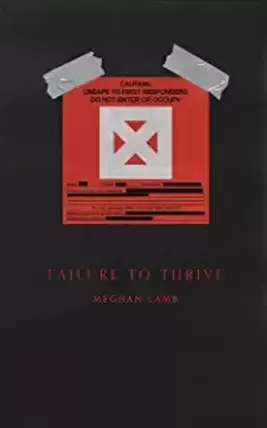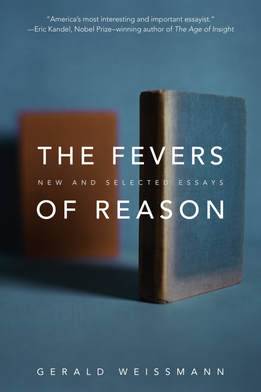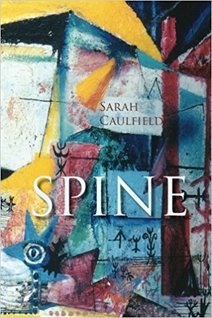“Failure to thrive” is the medical term used for the slow development of an infant due to a lack of nutrients. Babies who receive this diagnosis will often have developmental delays later in life. This condition can be the result of an internal, chromosomal issue or the environment around the child. In either case, death is imminent unless there is interference.
Meghan Lamb’s debut novel, Failure to Thrive captures that slow process and the inability to thrive in settings that produce nothing but death and decay. The story takes place in a Pennsylvania coal town poisoned by an underground fire. Divided into three sections, it centers around three families: a young couple struggling to raise a neurodivergent daughter, a woman caring for a dying parent and dealing with the after-effects of her past substance abuse, and a young man dealing with memory loss after a catastrophic accident. Lamb uses genre-bending prose, vivid imagery, and subtle characterization to highlight the major themes of her novel.
0 Comments
As I approached The Fevers of Reason, I did so with a foot in each river of influence—or rather, a leg in one and a toe in the other. Weissmann’s essays discuss the intersection of various issues within medicine and popular culture. As a student of literature, I have often written extensive essays and participated in lengthy discussions of multiple works, like Arrowsmith and Sherlock Holmes,that Weissmann includes. Until recently, my knowledge of science and medicine has been rather superficial—me as a nervous patient in the waiting room. As my study of literature, guided by Elaine Scarry and Rita Charon, has begun to dip into the interaction between literature and medicine I’ve become more confident about the relationship between the two. Wearing my budding knowledge of the relatively young field like swimmies, I jumped right in to Weissmann’s collection and found a rich layering of past, present, science, and literature to present diverse takes on the issue at hand.
Sarah Caulfield's words dig beneath our flesh and go straight to the bone in her collection of poetry, SPINE (2017). Caulfield’s first book beautifully weaves together powerful images of blood and bone, plus themes of religion, chronic illness, and guilt, pulling on the reader's heartstrings and commanding empathy. The repeated themes make it clear that these topics are very important to Caulfield, and are ones often swept under the rug instead of spoken about in society.
|
Archives
July 2024
Categories
All
|
|
Glassworks is a publication of Rowan University's Master of Arts in Writing 260 Victoria Street • Glassboro, New Jersey 08028 [email protected] |
All Content on this Site (c) 2024 Glassworks
|




 RSS Feed
RSS Feed
